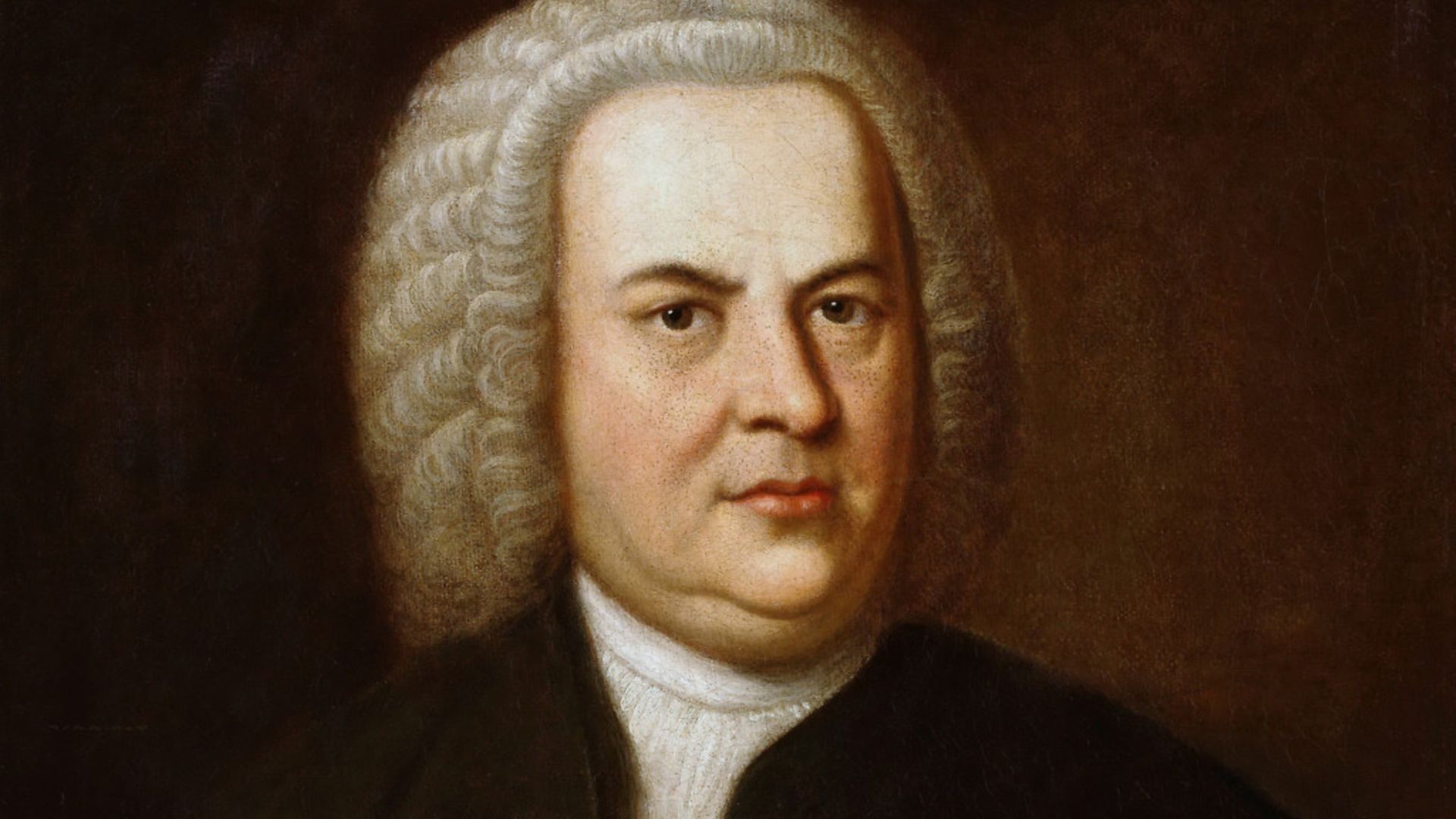
PETER TRUDGILL on the famous names inspired by water courses.
Johann Sebastian Bach (1685–1750) was one of the greatest composers who ever lived, and his sublime music is much loved and still very frequently played today, 270 years after his death.
His sons Carl Philipp Emanuel, Johann Christian, Wilhelm Friedemann and Johann Christoph Friedrich Bach were all also successful musicians and composers.
Bach is a common enough German-language surname. It means ‘stream’; and people would originally have been given that nick-name, later a family name, because they lived near or next to a waterway.
The German noun Bach, and the corresponding Dutch word beek, have the same ancient Germanic origin as the English word beck. Our word was not inherited directly from Old English, however, but was originally borrowed into English from the Old Norse of the Danish and Norwegian Vikings, who first invaded and then settled across large parts of Britain between the 9th and 11th centuries.
The Oxford English Dictionary entry for beck runs: “A brook or stream: the ordinary name in those parts of England from Lincolnshire to Cumbria which were occupied by the Danes and Norwegians.”
This is quite correct, but it is not the whole story. Scarrow Beck is a tributary of the River Bure which runs from Aylmerton in North Norfolk across the Felbrigg Hall estate and through Erpingham, joining the River Bure at Ingworth, where my grandmother was born.
The English Dialect Dictionary does indeed show that beck is used in Durham, Cumbria, Lancashire, Yorkshire, Nottinghamshire and Lincolnshire, but it also shows that it is very much a Norfolk and Suffolk word as well, which is not surprising since these two counties were also an integral part of the Danelaw.
Like Bach, Beck occurs frequently as a surname, and for the same reason: in this country too the name was given to people who lived by a stream.
The Oxford Dictionary of Family Names in Britain and Ireland shows that there are about 10,000 people with this name in the British Isles, with concentrations in Lancashire, Yorkshire and Norfolk.
Unlike the Germans, the English cannot claim any leading composers with stream-based names like the great Johann Sebastian, but we do have the brilliant rock guitarist Jeff Beck, who was involved in the writing of many songs.
Interestingly, although beck occurs in Durham, Cumbria, and Yorkshire, it is not the Northumberland word. In Northumberland, a stream is called a burn, which is also the general word for a stream across the border in Scotland. This word is related to German Brunn ‘spring, fountain’ and Norwegian brunn ‘well’.
Burn, too, can be a family name, and it is particularly common in Northumberland and Durham. There are a number of different variants of this surname, such as Byrne and Burne; and the famous poet Rabbie Burns (1759 –1796) was Scotland’s creative genius counterpart to Germany’s Bach.
The English, too, can boast a poet with a name which has the same kind of hydrological origin – Rupert Brooke (1887-1915). Brook is yet another English word meaning ‘beck, burn, stream’: there are currently about 15,000 people in the British Isles who bear the surname Brook or Brooke.
The noun brook comes from Old English broc and has a counterpart in Modern Dutch broek ‘marsh, swamp’. The ultimate etymology of these words is not known, though it has been hypothesised that they might possibly have some connection with break, in that a brook can be conceived of as something ‘which breaks or bursts forth’, just as a spring can be seen as something ‘which springs forth’.
Rupert Brooke himself seems to have had something of an an affinity for brooks, burns and becks. In his famous poem The Old Vicarage, Grantchester, which was written while he was in exile in Berlin in 1912 and includes the famous line “and is there honey still for tea?”, he nostalgically recalls the river Cam at Grantchester, with “a bosky wood, a slumbrous stream”.
Streaming
Streaming has acquired the new meaning of ‘data transmission over a network as a continuous flow’. Stream originally meant ‘course of water flowing continuously’. Stream is related to Dutch stroom, German Strom, and Icelandic straumur, which all have continuous flow-type meanings like ‘stream, river, tide, current (including electrical current)’.











